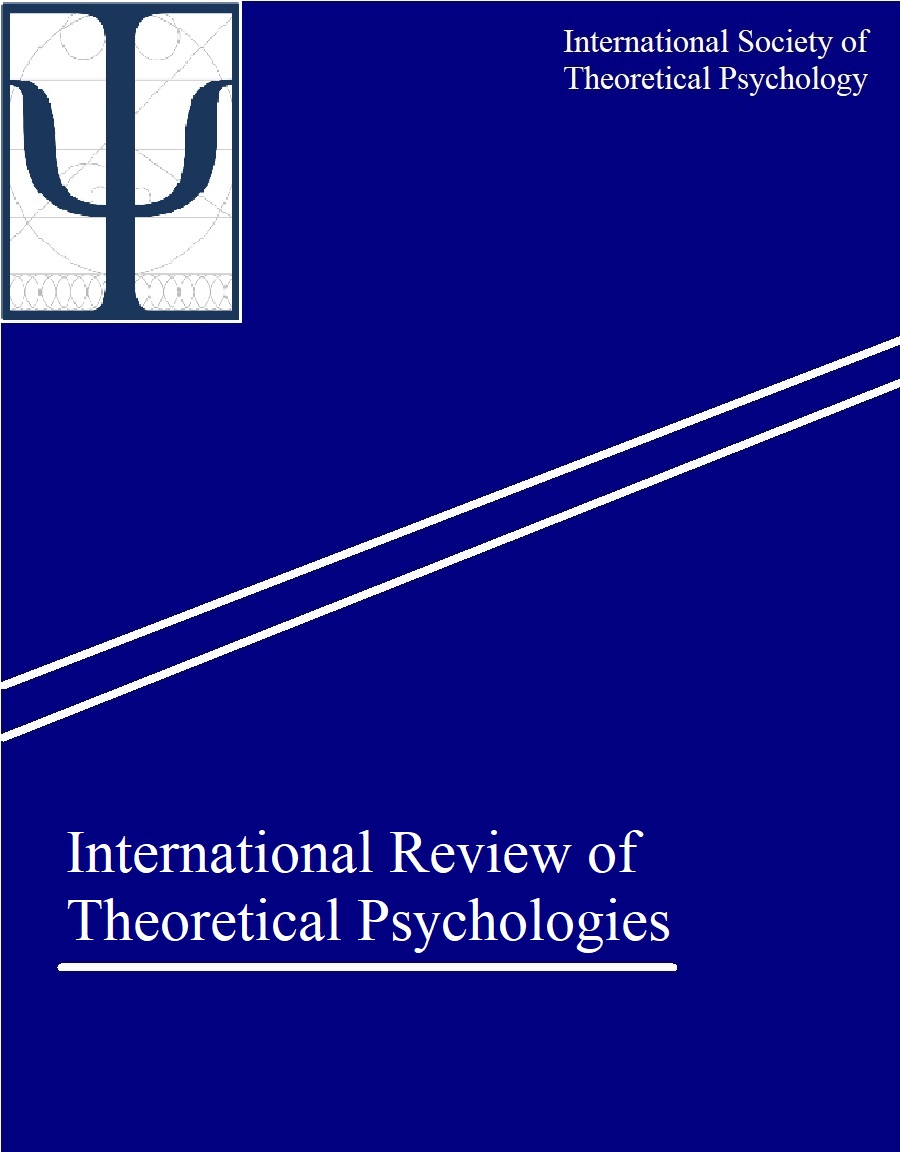Shifting Ontology in an Era of Acceleration and Quantified Humanity
DOI:
https://doi.org/10.7146/irtp.v1i1.127076Keywords:
ontological acceleration, object ontology, relational ontology, trace ontologyAbstract
The idea that we are swept along in unforeseen consequences of our capitalist ideals of continuous progress stands in stark contrast to Kelly’s (1966) consideration of the active role that human activity plays in human evolution. The cumulative change of humanity behaving differently, and divergent behaviour changing humanity, produce acceleration, and for Kelly this acceleration is ontological. In this paper I explore three moments of accelerated change, associated with the ontologies of object, relation and trace. Object ontology encouraged the dehumanised subject, relational ontology a calculated embodied subject and trace ontology the responsible subject.Currently we find ourselves somewhere between the calculated embodied and the responsible subject, cognitively related to others, but not yet prepared to experience the other as me differed and deferred from myself.
Downloads
Published
How to Cite
Issue
Section
License
Copyright (c) 2021 Vasi van Deventer

This work is licensed under a Creative Commons Attribution-NonCommercial-ShareAlike 4.0 International License.
IRTP operates based on a non-exclusive publishing agreement, according to which the journal retains the right of first publication, but authors are free to subsequently publish their work. The copyright of all work rests with the author(s).
All content published in IRTP is licensed under a Creative Commons Attribution-NonCommercial-ShareAlike 4.0 International license (CC BY-NC-SA 4.0). This license allows authors and readers to share and adapt content for non-commercial purposes, provided that they abide by the following terms:
- Give credit to the original author(s)/creator(s) and attribution parties (i.e., IRTP);
- Provide a link to the original source, to the extent practicable;
- Include the copyright notice and/or indicate the corresponding Creative Commons license;
- Indicate what, if any, adaptations were made to the original; and
- Share adapted content under the same license as the original.
Authors are encouraged to familiarize themselves with the various Creative Commons licenses. Readers are advised to consult the licensing information embedded in each published work to ensure that they are familiar with the terms of use that apply.





